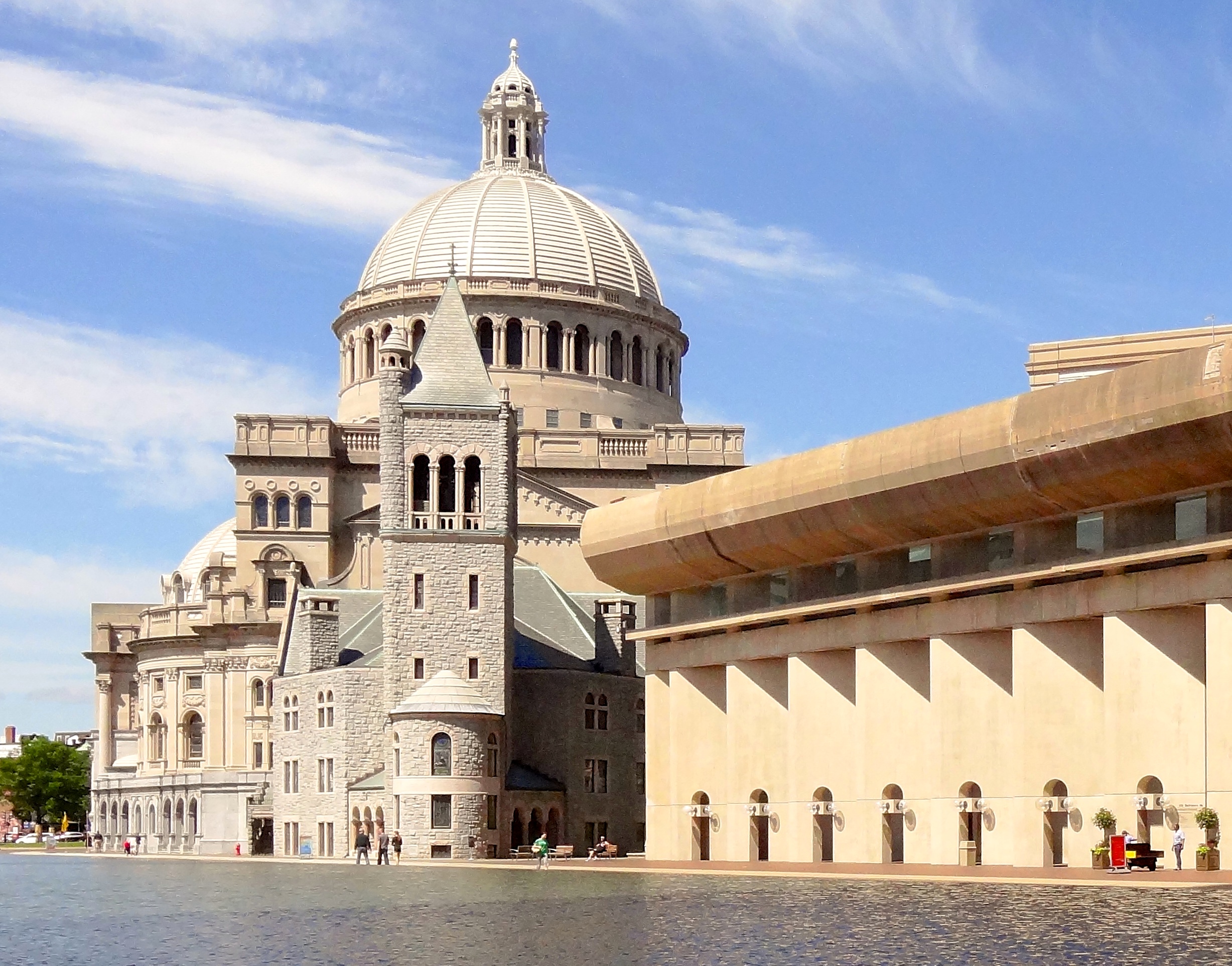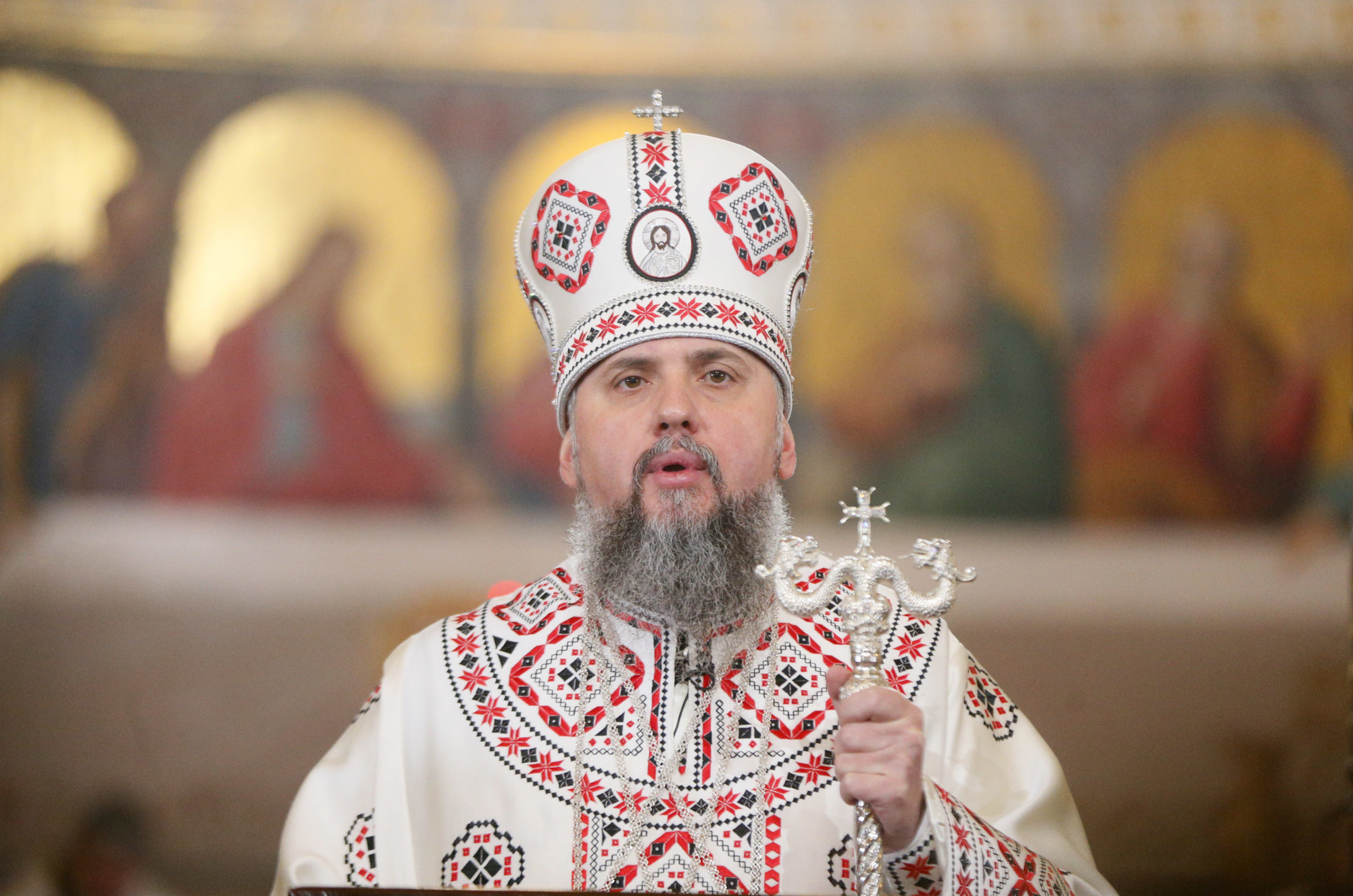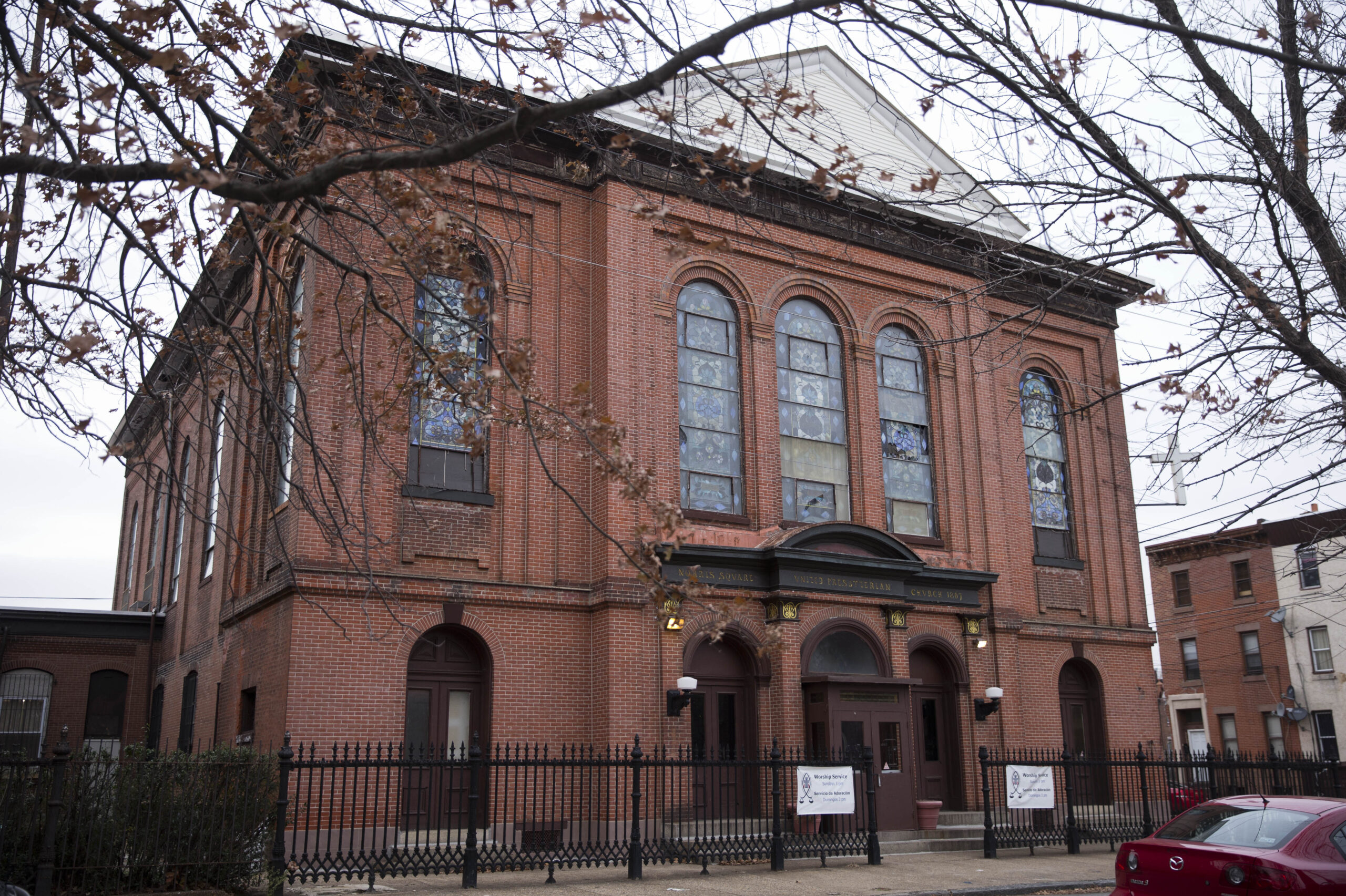The First Church of Christ, Scientist is a religious organization that was founded in 1879 by Mary Baker Eddy in Boston, Massachusetts. The church’s teachings are based on the Bible and the writings of Mary Baker Eddy. Who believed that physical healing could be achieved through spiritual means.
The church has a worldwide following and is known for its emphasis on prayer, spiritual healing, and Christian Science treatment. In this article, we will explore the history and beliefs of the First Church of Christ, Scientist.
History Of The First Church Of Christ, Scientist
Mary Baker Eddy, the founder of the First Church of Christ, Scientist, was born in 1821 in Bow, New Hampshire. Eddy grew up in a devout Christian family and became interested in the healing powers of prayer at a young age. She suffered from a number of illnesses throughout her life. It including chronic pain, and sought relief through various forms of alternative medicine and spiritual practices.
In 1866, Eddy suffered a serious fall that left her bedridden and near death. It was during this time that she experienced a spiritual revelation that she believed cured her of her physical ailments. She spent the next several years studying the Bible and the works of spiritual healers.
And in 1875, she published her book “Science and Health with Key to the Scriptures,” which became the cornerstone of Christian Science teachings. In 1879, Eddy founded the First Church of Christ, Scientist in Boston, Massachusetts, and began teaching her principles of spiritual healing to others. The church grew rapidly, and by the turn of the 20th century, there were hundreds of Christian Science churches and societies around the world.
Beliefs Of The First Church Of Christ, Scientist
The First Church of Christ, Scientist is based on the teachings of Mary Baker Eddy, which emphasize the power of prayer and the ability of individuals to heal themselves through spiritual means. Christian Science practitioners use prayer to help individuals overcome physical, mental, and emotional ailments, and the church emphasizes the importance of living a spiritually pure and moral life.
One of the central tenets of Christian Science is the belief that sickness and disease are not caused by physical factors, but rather by spiritual imbalances or disruptions. Christian Scientists believe that by praying and focusing on spiritual truths, individuals can overcome illness and achieve a state of physical, mental, and emotional well-being.
The church also places a strong emphasis on the Bible, and Christian Science practitioners use its teachings as a guide for healing and spiritual growth. Mary Baker Eddy believed that the Bible contained hidden spiritual truths that could be unlocked through prayer and contemplation.
In addition to prayer and spiritual healing, the First Church of Christ, Scientist also places a strong emphasis on community service and outreach. The church operates a number of humanitarian programs around the world, including disaster relief efforts, prison ministry programs, and healthcare initiatives.
Mary Baker Eddy’s Influence On Christian Science
Mary Baker Eddy was a major influence on the development and growth of Christian Science. As the founder of the First Church of Christ, Scientist, Eddy developed a set of principles and practices based on her own experiences with spiritual healing.
Eddy believed that individuals could achieve a state of physical, mental, and emotional well-being through spiritual means, and she developed a set of teachings and practices aimed at helping people achieve this state. These teachings emphasized the importance of prayer, spiritual purity, and living a morally upright life.
Eddy’s book, “Science and Health with Key to the Scriptures,” became the cornerstone of Christian Science teachings. The book lays out a set of principles and practices for spiritual healing, and has been used by Christian Science practitioners around the world for over a century.
Christian Science Treatment And Spiritual Healing
Christian Science treatment is a form of spiritual healing that is based on the teachings of Mary Baker Eddy. The practice involves using prayer to help individuals overcome physical, mental, and emotional ailments.
Christian Science practitioners believe that illness and disease are not caused by physical factors, but rather by spiritual imbalances or disruptions. By praying and focusing on spiritual truths, individuals can overcome illness and achieve a state of physical, mental, and emotional well-being.
Christian Science treatment is often used as an alternative to traditional medical treatment, and is based on the belief that spiritual healing can be just as effective as medical treatment. However, Christian Science practitioners also emphasize the importance of seeking medical care when necessary.
Community Service And Outreach Programs
The First Church of Christ, Scientist is known for its community service and outreach programs, which aim to help those in need and spread the teachings of Christian Science. The church operates a number of humanitarian initiatives around the world, including disaster relief efforts, prison ministry programs, and healthcare initiatives.
The church’s humanitarian efforts are based on the principles of Christian Science, which emphasize the importance of loving one’s neighbor and serving others. The church’s outreach programs are aimed at helping those in need and spreading the teachings of Christian Science to new audiences.
Criticism And Controversy
The First Church of Christ, Scientist has faced criticism and controversy over the years, particularly in relation to its teachings on spiritual healing. Some critics argue that the church’s emphasis on prayer and spiritual healing can be dangerous, particularly when it comes to treating serious medical conditions.
Others have criticized the church’s handling of allegations of child abuse and neglect, particularly in cases where parents have relied on spiritual healing instead of seeking medical care for their children.
Despite these criticisms, the First Church of Christ, Scientist continues to operate and grow around the world. The church’s teachings on prayer and spiritual healing continue to attract followers and practitioners, and its outreach programs are widely respected for their humanitarian work.
The Growth And Influence Of The First Church Of Christ, Scientist
Since its founding in the late 19th century, the First Church of Christ, Scientist has grown into a major religious organization with followers and practitioners around the world. The church has played a significant role in the development of the New Thought movement, which emphasizes the power of positive thinking and spiritual healing.
Today, the church has hundreds of branches and thousands of members worldwide, with a strong presence in the United States, Europe, and South America. The church’s teachings on spiritual healing and the power of prayer have also influenced other religious traditions, such as Unity Church and Religious Science.
The Legacy Of Mary Baker Eddy And The First Church Of Christ, Scientist
Mary Baker Eddy’s legacy continues to shape the teachings and practices of the First Church of Christ, Scientist. Her teachings on spiritual healing and the power of prayer have inspired countless individuals and helped to establish Christian Science as a major religious movement.
Eddy’s book, “Science and Health with Key to the Scriptures,” remains a cornerstone of Christian Science teachings, and is considered one of the most influential religious texts of the 20th century. The book has been translated into dozens of languages and is widely read by Christian Science practitioners around the world.
The First Church of Christ, Scientist has also had a significant impact on the fields of healthcare and spirituality. The church’s teachings on spiritual healing have inspired many to seek alternative forms of healthcare and to explore the connections between spirituality and physical well-being.
Christian Science In Modern Times
In recent years, the First Church of Christ, Scientist has faced new challenges and opportunities in the modern world. As traditional religious institutions face declining membership and changing cultural attitudes, Christian Science has had to adapt and evolve to remain relevant.
One way that the church has responded to these challenges is by embracing new technologies and platforms for outreach and communication. The church’s website and social media accounts provide resources and information for followers and seekers around the world, and the church has also developed online communities and virtual services to reach those who may not have access to physical church buildings.
The church has also emphasized the importance of engaging with modern scientific and medical research, and has sought to integrate these findings with its own teachings on spiritual healing. This has included collaborations with medical institutions and researchers to explore the connections between spiritual well-being and physical health.
The Future Of The First Church Of Christ, Scientist
As the First Church of Christ, Scientist looks to the future, it faces new challenges and opportunities. The church must continue to adapt to changing cultural and societal attitudes, while also remaining true to its core principles and teachings.
One key challenge for the church will be to maintain and grow its membership in an increasingly secular and diverse world. The church must find ways to appeal to new generations of seekers and followers, while also remaining relevant and meaningful to its existing membership.
At the same time, the church must also continue to navigate controversies and criticisms related to its teachings on spiritual healing and healthcare. The church’s response to these challenges will be closely watched by its members, followers, and critics alike.
Despite these challenges, the First Church of Christ, Scientist remains a major force in the world of religion and spirituality. Its teachings on spiritual healing and the power of prayer continue to inspire and influence countless individuals, and its outreach programs are widely respected for their humanitarian work. As the church looks to the future, its legacy and impact will continue to shape the world around us.
Read Also:






